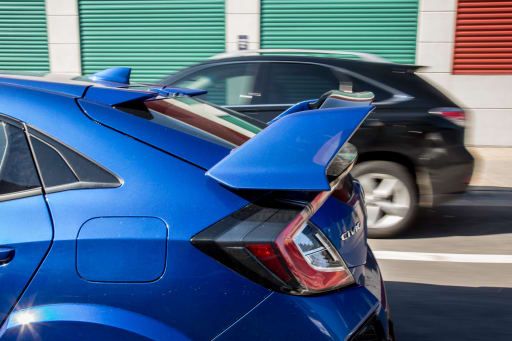Get Free Quotes 866-651-2992
Remanufactured & Used Engines

Rapid advancements in technology and shifting consumer preferences have set the stage for an exciting future in the automotive industry. As we look ahead, it is clear that the future of autos will be shaped by innovation, sustainability, connectivity, and autonomous driving. With a focus on delivering superior performance, safety, and convenience, automakers are working tirelessly to redefine the driving experience.
One of the key drivers of change in the automotive industry is the shift towards electric vehicles (EVs). With growing concerns about climate change and the need to reduce carbon emissions, EVs have emerged as a viable solution. Governments around the world are implementing stricter emission regulations, incentivizing the adoption of electric cars, and investing in charging infrastructure. This transition towards electrification is transforming the way we think about transportation and creating new opportunities for automakers and tech companies.
Moreover, the rise of autonomous vehicles is another significant trend that will shape the future of autos. Self-driving cars have the potential to revolutionize transportation by reducing accidents, congestion, and the need for parking spaces. Companies like tesla, Waymo, and Uber are investing heavily in autonomous driving technology, and we can expect to see more advanced self-driving features in the coming years. However, widespread adoption of fully autonomous vehicles still faces regulatory and societal challenges that need to be addressed.
Connectivity is another area that is transforming the automotive industry. With the advent of the Internet of Things (IoT), cars are becoming more connected than ever before. From infotainment systems and navigation services to vehicle-to-vehicle (V2V) and vehicle-to-infrastructure (V2I) communication, connected cars offer a wide range of benefits. These include real-time traffic updates, remote vehicle diagnostics, enhanced safety features, and personalized services. As the automotive ecosystem becomes increasingly connected, data security and privacy will be critical concerns that need to be addressed.
Furthermore, advancements in artificial intelligence (AI) are enabling cars to become more intelligent and intuitive. AI-powered voice assistants, facial recognition, and gesture control are just a few examples of how AI is enhancing the user experience inside vehicles. Machine learning algorithms are also being used to improve autonomous driving capabilities, making cars more efficient and adaptive to different driving conditions. As AI continues to evolve, we can expect cars to become even smarter and more responsive to our needs.
Another aspect of the future of autos is the concept of mobility as a service (MaaS). Traditional car ownership models are being challenged by the rise of ride-sharing services and subscription-based mobility solutions. Companies like Uber, Lyft, and Zipcar are disrupting the industry by providing convenient alternatives to car ownership. MaaS aims to offer seamless, on-demand transportation options that are cost-effective, environmentally friendly, and tailored to individual needs. As urbanization continues to increase, MaaS is likely to play a significant role in shaping the future of transportation.
Lastly, sustainability is a key focus area for the future of autos. Automakers are investing in research and development to develop more sustainable materials, reduce waste, and improve fuel efficiency. From lightweight materials and improved aerodynamics to alternative fuel sources such as hydrogen, the industry is striving to minimize its environmental impact. Additionally, the circular economy concept is gaining traction, where cars are designed for recyclability, reuse, and remanufacturing, further reducing the industry's carbon footprint.
In conclusion, the future of autos is filled with exciting possibilities. Electric vehicles, autonomous driving, connectivity, AI, mobility as a service, and sustainability are the key trends that will shape the industry. As technology continues to evolve, cars will become greener, safer, more connected, and more intelligent, transforming the way we travel. The automotive industry's future is undoubtedly bright, and it holds immense potential to revolutionize transportation for the better.